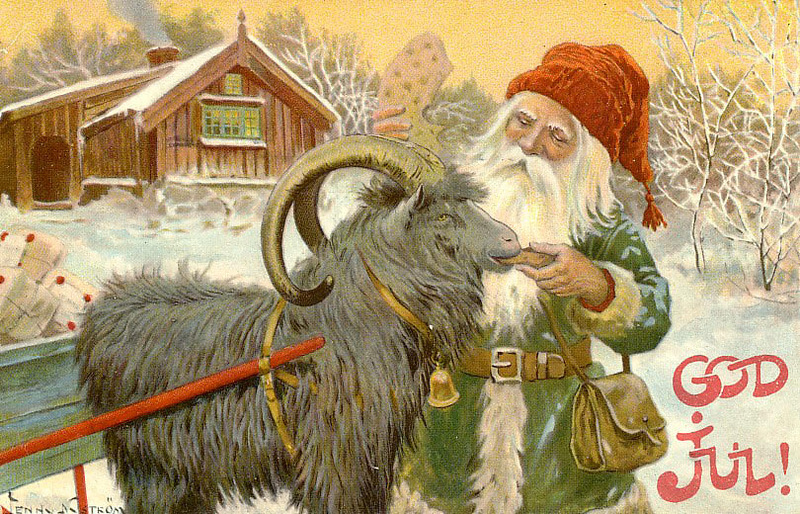When There’s Not a Lot to be Thankful for at Thanksgiving
 Well kids, it’s that time of year again. Thanksgiving. Or maybe you call it something else. Or maybe you’re outside of the US, and you’ve already celebrated a Harvest holiday. Whatever. For those of us who have Thanksgiving, you may be feeling like I do. That is, there isn’t a lot to celebrate. And you’re probably right.
Well kids, it’s that time of year again. Thanksgiving. Or maybe you call it something else. Or maybe you’re outside of the US, and you’ve already celebrated a Harvest holiday. Whatever. For those of us who have Thanksgiving, you may be feeling like I do. That is, there isn’t a lot to celebrate. And you’re probably right.
Lack of Thankfulness or Gratitude on Thanksgiving
 I’ll admit. There’s not a lot of things to feel thankful about this Thanksgiving. We’re still in a pandemic. There’s a lot of civil unrest. Cost of everything has skyrocketed. People have lost their minds and believe all sorts of insane notions.
I’ll admit. There’s not a lot of things to feel thankful about this Thanksgiving. We’re still in a pandemic. There’s a lot of civil unrest. Cost of everything has skyrocketed. People have lost their minds and believe all sorts of insane notions.
I look at what is happening and I’m convinced we’re doomed as a species. I used to think people were somewhat logical. Boy, was I wrong.
So, if you’re not feeling particularly thankful this Thanksgiving, I’m with you. No matter what people say to try to foist a warm and happy feeling on you, don’t feel guilty for not feeling thankful. Your feelings are your feelings.
Hope, or The First Step on the Road to Disappointment
My spouse always quips that hope is the first step on the road to disappointment, and yeah, it’s true. Of course, we’re cynics, which means we can’t be disappointed if something goes wrong. But honestly? I can’t help but think living one’s life being in a constant state of cynicism isn’t healthy. Which is why in the past I kept thinking people couldn’t get so idiotic. First step…disappointment.
Scientists Tell Us to Be Grateful Anyway

I’ve been doing a lot of research on improving one’s mood, and one of the things scientists tell us is to come up with things that we’re grateful for. Just saying the words are enough to help improve your mood. I’ve tried it, and the jury is still out on that one. As is the advice, “fake it until you make it.” Or act like you’re happy, and you’ll feel better. The thought is if you go through the motions of celebrating the holidays, you’ll feel better. Again, I don’t know.
The other thing scientists tell us to do is write down all the positives of our lives so we can see how wonderful it is. My list using looks like:
I’m grateful:
- I’m alive.
- My spouse is alive.
- I have dogs.
- I have cats.
- Hunting season is upon us.
- Someday I will get those book contracts.
- I got one deer.
- I do not have COVID-19, nor do any of my family.
- There are vaccinations for COVID-19, and I am innoculated.
- I have firewood and a wood stove.
- It is fall, although it is snowing.
- I have Tyr and Skadi.
Yeah, for a writer, I have no imagination. I don’t know if it makes me feel better, but at least I’m not spending time moping about the stupid shit.
Tricking your Mind, or Why My Sibling is Getting Better
Apparently, gratitude of some variety helps. By not focusing on your problems all the time, you can genuinely make yourself happier. I’ve seen this in action, and dare I say that I’m impressed.

You see, one of my Christian siblings suffers from addiction and depression. They are active in their church, which means they do get to interact with people there. Well, my sibling found out a person in the church they knew didn’t have enough money to get Christmas presents for all their kiddos. They couldn’t even afford new shoes for them.
Now, the cynic in me says, maybe they shouldn’t have had so many kiddos–birth control, right?– but I honestly don’t know the parents’ situation. This has been a tough couple of years for more than just me. I know a lot of people are struggling right now.
My sibling decided to “adopt” the family and budget in presents for these people. Which is awesome. As a result, my sibling is doing better with their own problems. Their outlook is better. Their behavior is better. And they are less depressed. I can’t help but think because this sibling is focused on helping someone else, they don’t feel the need to dwell on the shit that is wrong with their life. And they feel good doing so.
My Recommendation for those Ungrateful Wretches
If you’re an ungrateful wretch like I am, you might want to consider doing something to help someone else. Or maybe look at the little things in your life which makes you happy and be thankful for them. As I was hunting, I got a beautiful show of how the waning light plays on the conifers. And yeah, I was thankful for that. Because I saw something a lot of people don’t see. Right now, I am by my woodstove, and it has a warm fire in it. I am thankful for the warmth.
 But sometimes it’s tough to find little things to be thankful on Thanksgiving. Even so, you can find something in your life that gives you joy, even for a moment. Don’t look at the big stuff, unless there is something big that gives you joy. The big stuff is often overwhelming. Focus on the here and now. Mindfulness meditation can help.
But sometimes it’s tough to find little things to be thankful on Thanksgiving. Even so, you can find something in your life that gives you joy, even for a moment. Don’t look at the big stuff, unless there is something big that gives you joy. The big stuff is often overwhelming. Focus on the here and now. Mindfulness meditation can help.
I hope you have an enjoyable Harvest celebration or Thanksgiving. Stay safe.
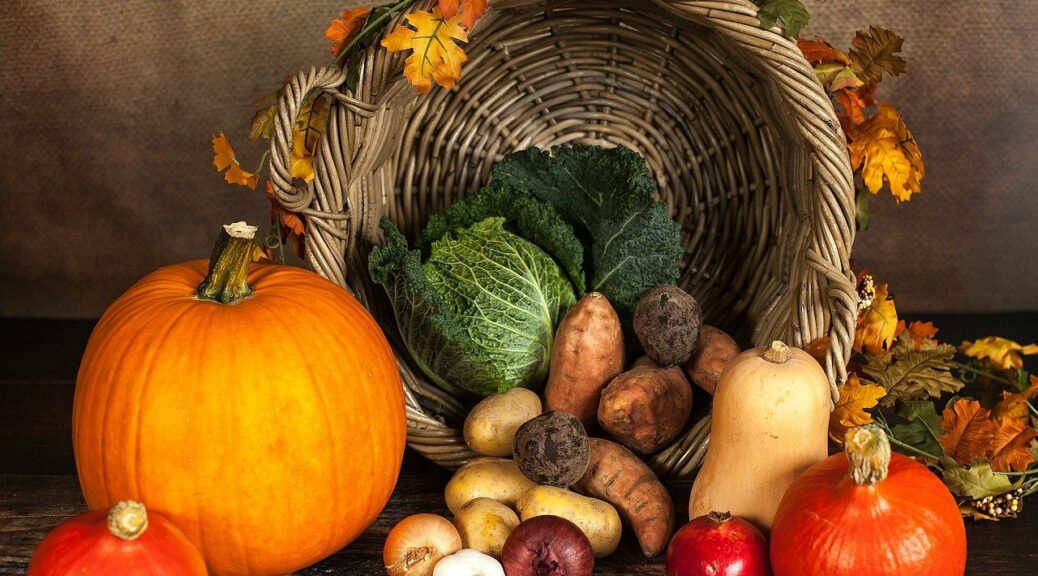
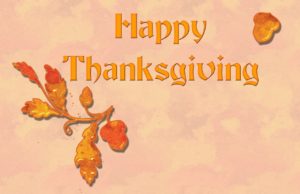
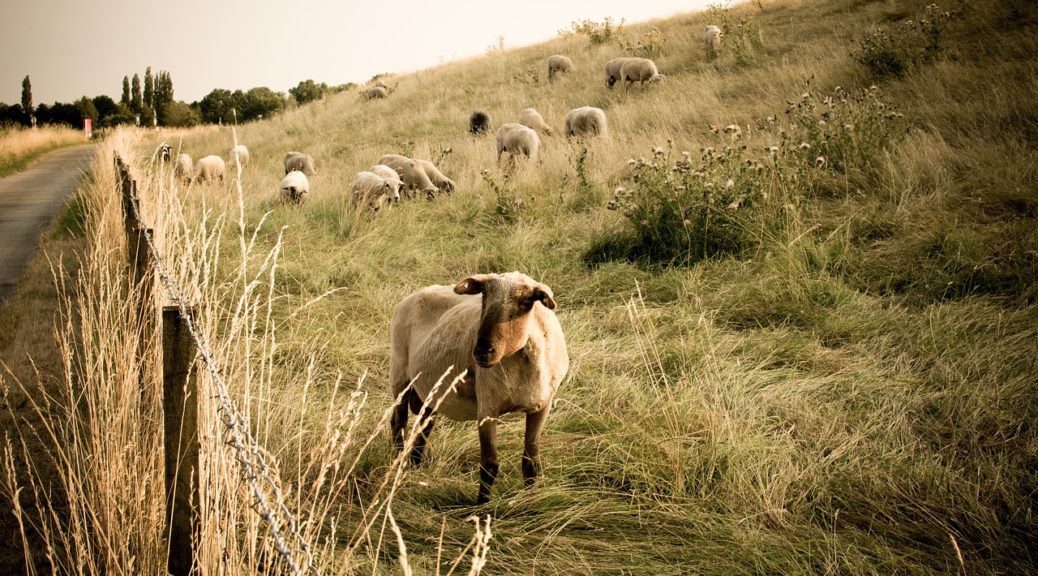
 Nowadays we have refrigeration, which is possibly why Gormánuður may be puzzling to some of you. After all, we can get meat year round and keep it in the freezer or refrigerator. And you’re probably quite aware that our ancestors didn’t have refrigeration until 1913–not that long ago–available for home use. Even then, owning a home refrigerator was expensive and it didn’t become popular until the 1930s. So, your recent ancestors probably had iceboxes–that is actual boxes that held ice to keep their food fresh. The icebox was invented and patented by a farmer in 1802. The original icebox was made from wood, rabbit skins, and lots of ice (duh!). The icebox took off, and there even was a market for harvested lake ice up until the 1930s. These required ice houses that kept the ice together even during the summer months until the lakes started freezing over again.
Nowadays we have refrigeration, which is possibly why Gormánuður may be puzzling to some of you. After all, we can get meat year round and keep it in the freezer or refrigerator. And you’re probably quite aware that our ancestors didn’t have refrigeration until 1913–not that long ago–available for home use. Even then, owning a home refrigerator was expensive and it didn’t become popular until the 1930s. So, your recent ancestors probably had iceboxes–that is actual boxes that held ice to keep their food fresh. The icebox was invented and patented by a farmer in 1802. The original icebox was made from wood, rabbit skins, and lots of ice (duh!). The icebox took off, and there even was a market for harvested lake ice up until the 1930s. These required ice houses that kept the ice together even during the summer months until the lakes started freezing over again.

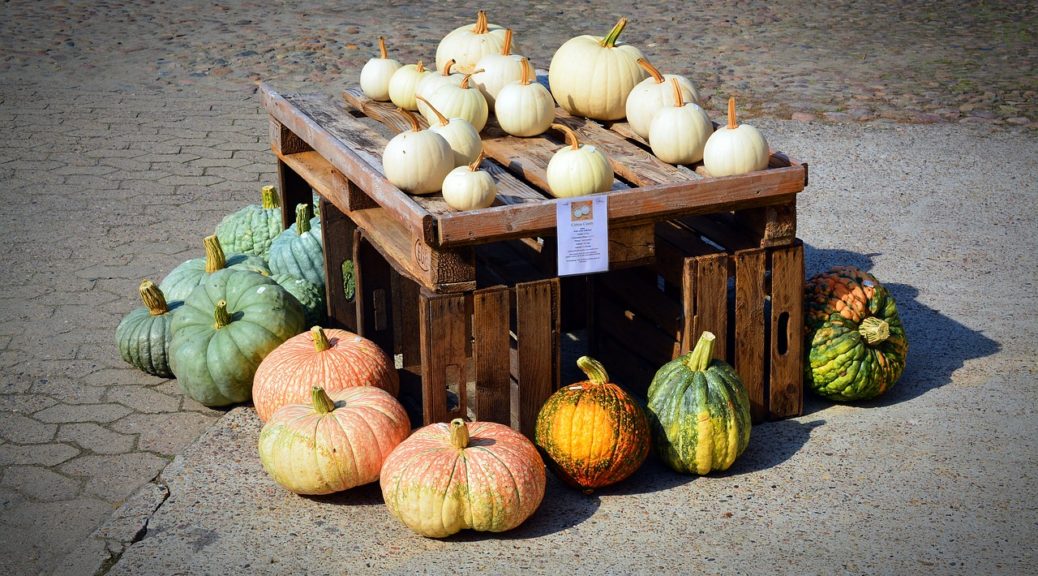
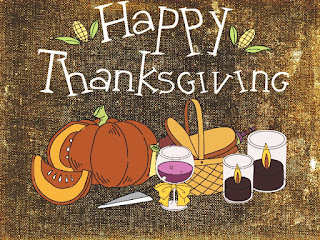 It’s that time of year again. It’s the time when we have to see our families, many of whom are of a Christian faith, and celebrate the holidays together. If your
It’s that time of year again. It’s the time when we have to see our families, many of whom are of a Christian faith, and celebrate the holidays together. If your  Having Thanksgiving at your house can be simple enough when it comes to celebrating it. Consider it a harvest festival and look on it as a way to celebrate the end of hunting season, the end of harvest, and the beginning of the Yule month. Look at the images we use for Thanksgiving: turkey, cornucopia, pumpkins, gourds, fall leaves, and colorful Indian corn. Yes, we also use pilgrims and Native Americans as images as well, but if you want to avoid the Christian connotations, you can emphasize the friendship aspect. If it hadn’t been for the Native Americans, it’s unlikely the pilgrims would have survived.
Having Thanksgiving at your house can be simple enough when it comes to celebrating it. Consider it a harvest festival and look on it as a way to celebrate the end of hunting season, the end of harvest, and the beginning of the Yule month. Look at the images we use for Thanksgiving: turkey, cornucopia, pumpkins, gourds, fall leaves, and colorful Indian corn. Yes, we also use pilgrims and Native Americans as images as well, but if you want to avoid the Christian connotations, you can emphasize the friendship aspect. If it hadn’t been for the Native Americans, it’s unlikely the pilgrims would have survived.
 Before the guests arrive, or before you leave to attend a Thanksgiving dinner, take time to thank the gods, ancestors, and wights for their aid and support. Offer them a prayer you wrote and meditate on how fortunate you’ve been over the year. Even if you’ve had a difficult year, the fact that you’re alive and breathing may be enough to say thanks. Let the gods help clear your thoughts and help you do what is right. When the dinner has ended and you’re home and the guests (if any) are gone, offer a blot to the gods as a thanks. Mead or wine works well.
Before the guests arrive, or before you leave to attend a Thanksgiving dinner, take time to thank the gods, ancestors, and wights for their aid and support. Offer them a prayer you wrote and meditate on how fortunate you’ve been over the year. Even if you’ve had a difficult year, the fact that you’re alive and breathing may be enough to say thanks. Let the gods help clear your thoughts and help you do what is right. When the dinner has ended and you’re home and the guests (if any) are gone, offer a blot to the gods as a thanks. Mead or wine works well.



